 As co-editor of the Journal of Asian Midwives I receive occasional updates from the Aga Khan University (AKU) library in Pakistan on the number of downloads of articles published in the journal. The journal is fully Open Access and does not charge a submission or processing fees! All articles in the Journal of Asian Midwives are stored online in the AKU Institutional Repository. The latest update with data until end of September 2018 informed us that there had been: 18,462 downloads, from 167 countries/regions, across 56 articles. Nearly 20,000 downloads is not bad for a fairly new journal, which only published its inaugural issue online in 2014.
As co-editor of the Journal of Asian Midwives I receive occasional updates from the Aga Khan University (AKU) library in Pakistan on the number of downloads of articles published in the journal. The journal is fully Open Access and does not charge a submission or processing fees! All articles in the Journal of Asian Midwives are stored online in the AKU Institutional Repository. The latest update with data until end of September 2018 informed us that there had been: 18,462 downloads, from 167 countries/regions, across 56 articles. Nearly 20,000 downloads is not bad for a fairly new journal, which only published its inaugural issue online in 2014.
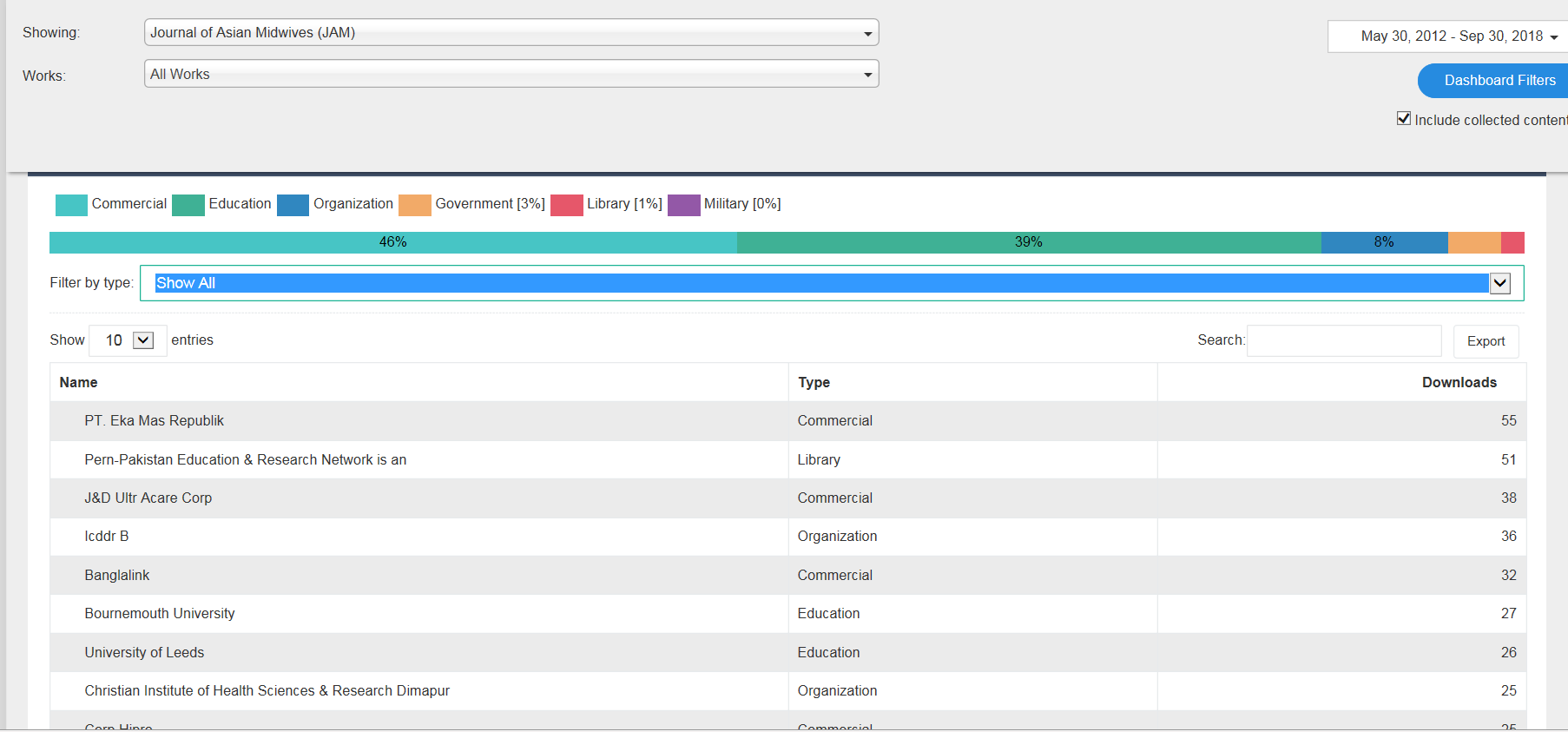 What is interesting is that the detailed download figures show that Bournemouth University is the highest ranking university of all the downloading organisations. Listed as fifth on the download list, Bournemouth is behind two commercial organisations, the Pakistan library network and Bangladesh-based Icddr-B. The latter is one of the largest NGO (Non-Governmental Organisations in the world based on staff numbers. Of course it helps that Bournemouth academic staff and PhD students have published five scientific articles in the past four editions of the journal [1-5].
What is interesting is that the detailed download figures show that Bournemouth University is the highest ranking university of all the downloading organisations. Listed as fifth on the download list, Bournemouth is behind two commercial organisations, the Pakistan library network and Bangladesh-based Icddr-B. The latter is one of the largest NGO (Non-Governmental Organisations in the world based on staff numbers. Of course it helps that Bournemouth academic staff and PhD students have published five scientific articles in the past four editions of the journal [1-5].
Prof. Edwin van Teijlingen
CMMPH (Centre for Midwifery, Maternal & Perinatal Health)
References:
- Ireland, J., van Teijlingen, E., Kemp, J. (2015) Twinning in Nepal: the Royal College of Midwives UK and the Midwifery Society of Nepal working in partnership, Journal of Asian Midwives 2 (1): 26-33.
- Mahato, P., van Teijlingen, E., Simkhada, P., Angell, C. (2016) Birthing centres in Nepal: Recent developments, obstacles and opportunities, Journal of Asian Midwives 3(1): 18-30.
- Baral, YR., Lyons, K., van Teijlingen, ER., Skinner, J., (2016) The uptake of skilled birth attendants’ services in rural Nepal: A qualitative study, Journal of Asian Midwives 3(3): 7-25.
- Sharma, S., Simkhada, P., Hundley, V., van Teijlingen, E., Stephens J, Silwal, R.C., Angell, C. (2017) Evaluation a Community Maternal Health Programme: Lessons Learnt. Journal of Asian Midwives. 4(1): 3–20.
- Mahato, P., van Teijlingen, E., Simkhada, P., Angell, C. (2017) Determinants of quality of care & access to Basic Emergency Obstetric & Neonatal Care facilities & midwife-led facilities in low & middle-income countries: A Systematic Review, Journal of Asian Midwives 4(2):25-51.

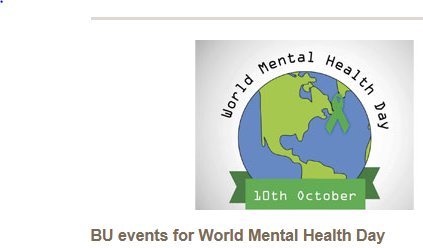
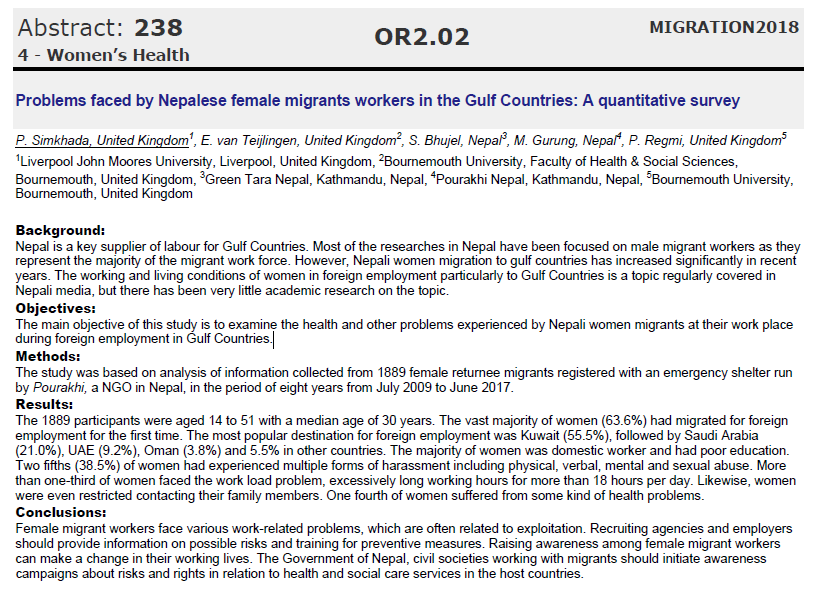

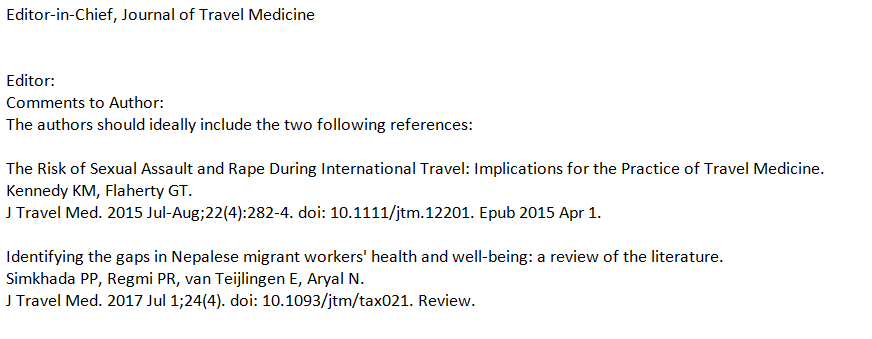
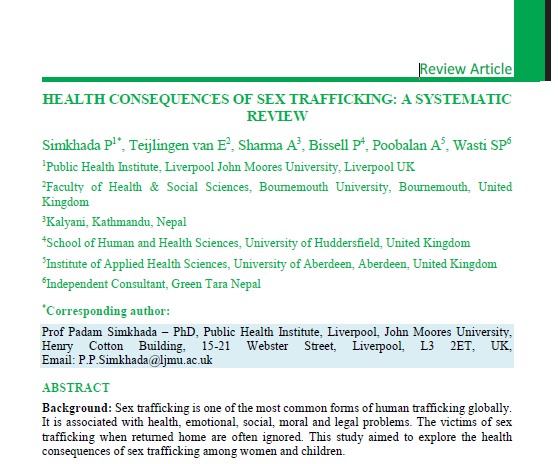
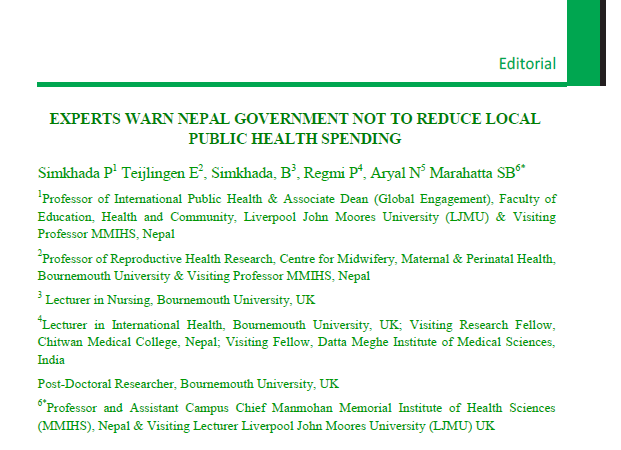

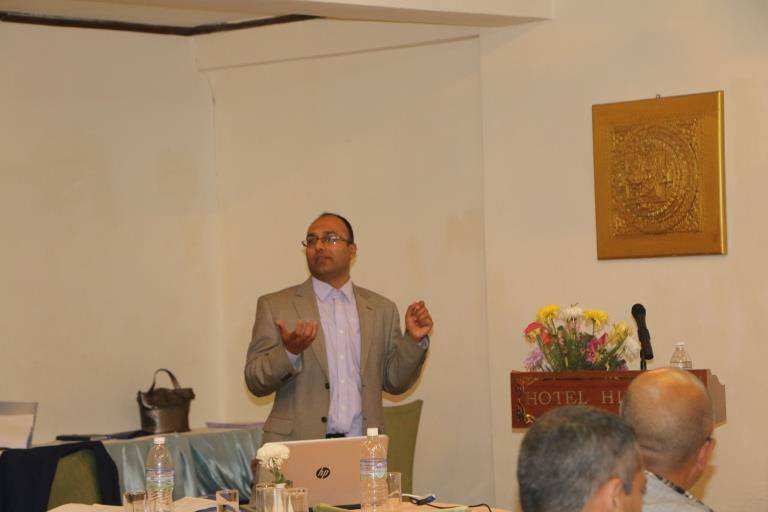

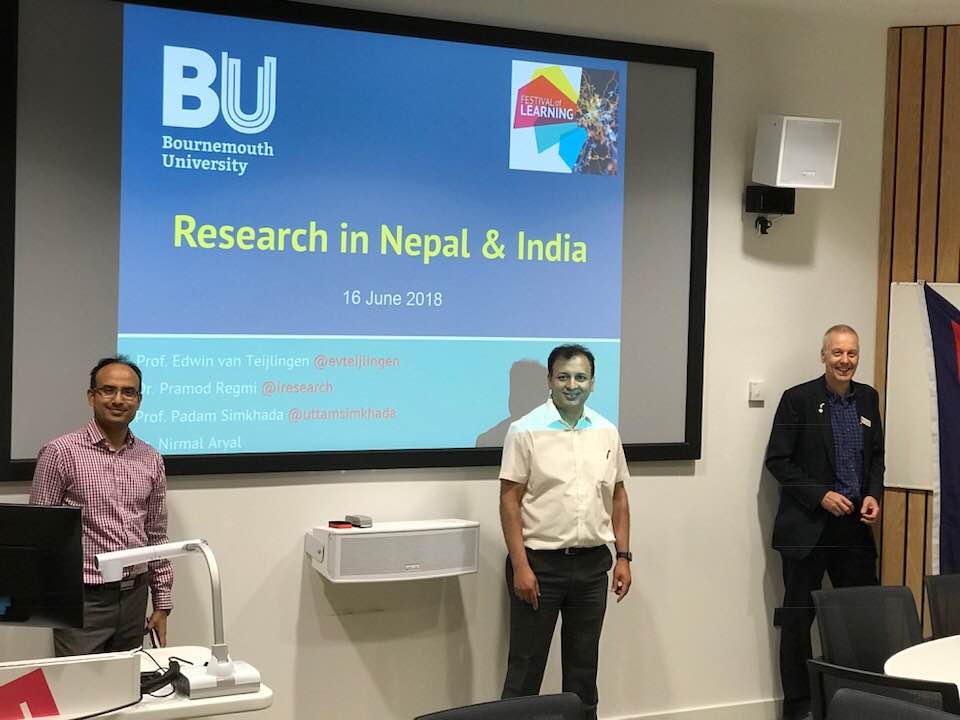



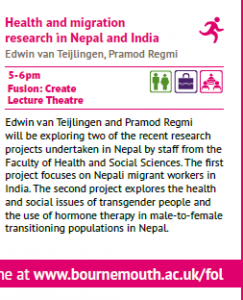


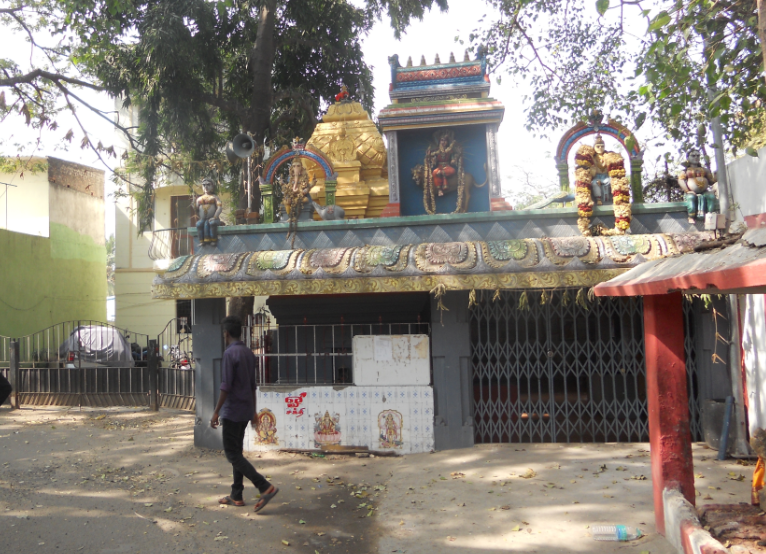
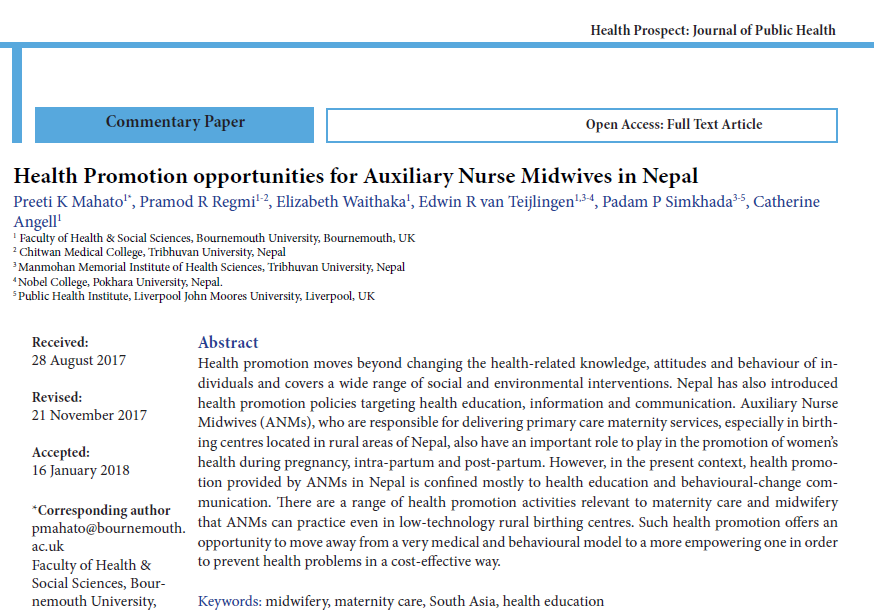


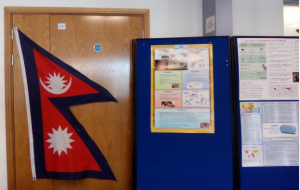
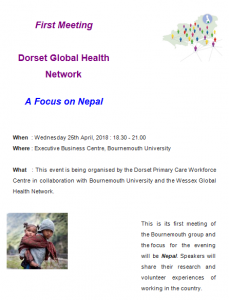

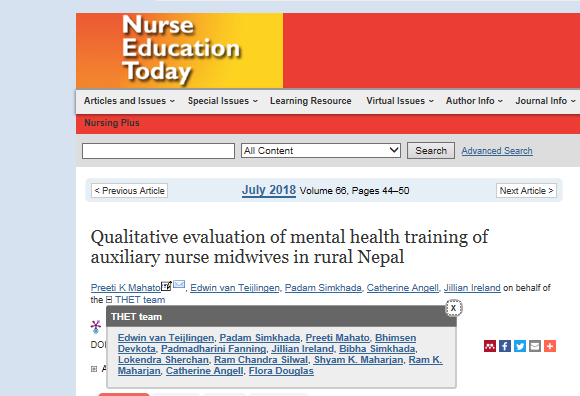
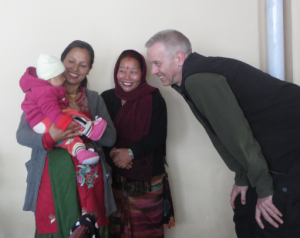
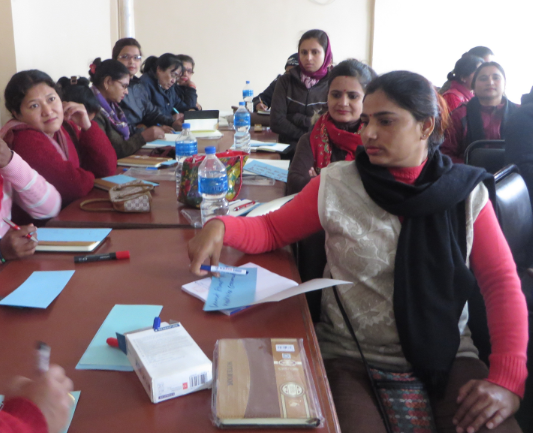
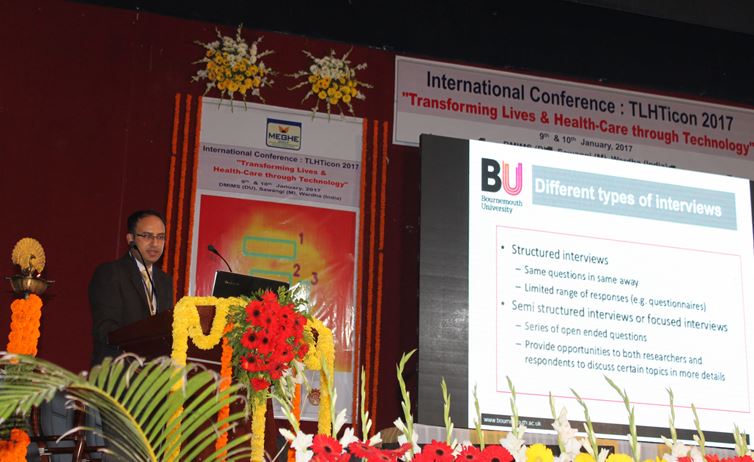
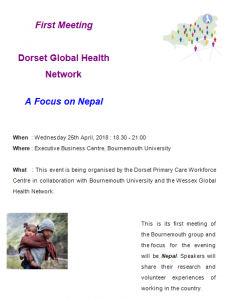
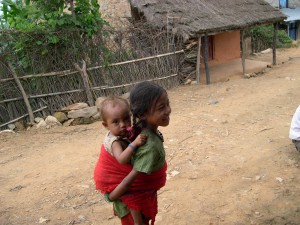
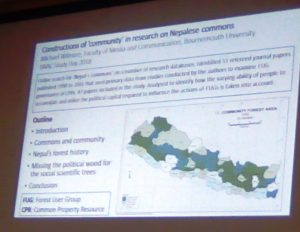
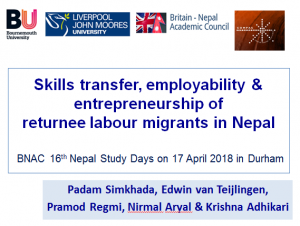
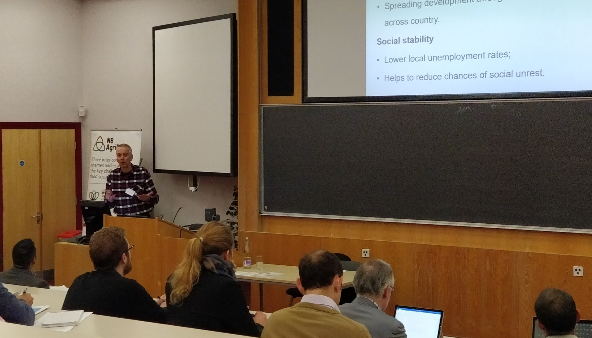

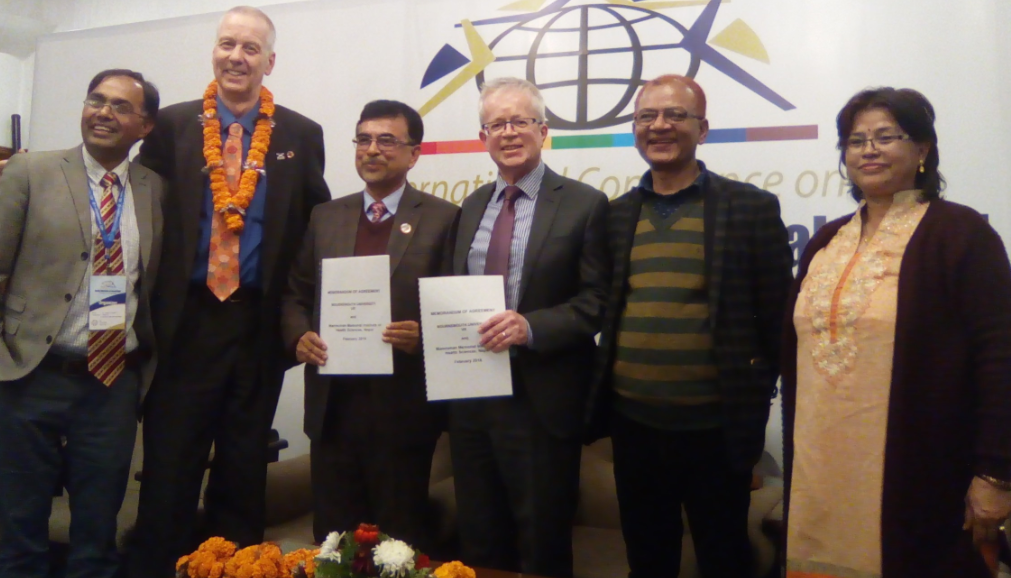











 Conversation article: Why so many people drown at the water’s edge
Conversation article: Why so many people drown at the water’s edge Workshop on longitudinal studies in three countries
Workshop on longitudinal studies in three countries New Bournemouth University public health paper
New Bournemouth University public health paper New ACORN-funded paper published. When time is short but passion for food is strong, food day-tripping may be the answer!
New ACORN-funded paper published. When time is short but passion for food is strong, food day-tripping may be the answer! Royal Society of Chemistry Outreach Fund: Open for Applications
Royal Society of Chemistry Outreach Fund: Open for Applications Last reminder – MSCA Postdoctoral Fellowships 2024 internal deadline next week
Last reminder – MSCA Postdoctoral Fellowships 2024 internal deadline next week Horizon Europe – EuroHPC and MSCA PF webinars
Horizon Europe – EuroHPC and MSCA PF webinars